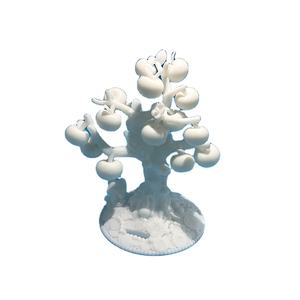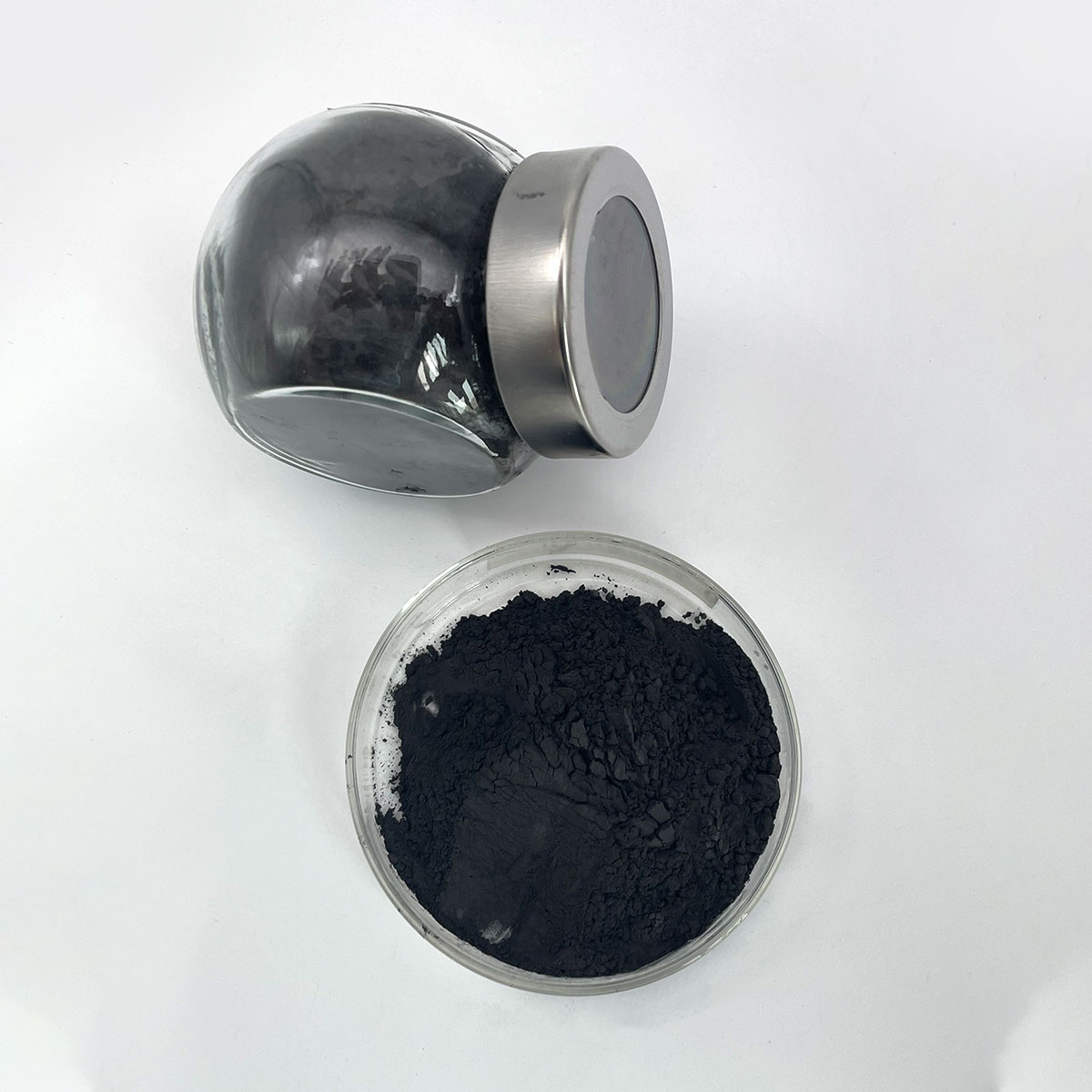Revolutionizing Manufacturing: The Power of Metal Powder in 3D Printing 3d printer amazon
- by admin

Introduction to Steel Powder for 3D Printing
Metal powder for 3D printing is changing the manufacturing landscape, using extraordinary precision and modification. This sophisticated product enables the manufacturing of complex geometries and detailed designs that were formerly unreachable with typical approaches. By leveraging steel powders, industries can introduce faster, lower waste, and accomplish greater efficiency criteria. This article explores the make-up, applications, market fads, and future potential customers of metal powder in 3D printing, highlighting its transformative effect on numerous fields.
(3D Printing Product)
The Structure and Residence of Metal Powders
Steel powders made use of in 3D printing are typically composed of alloys such as stainless steel, titanium, aluminum, and nickel-based superalloys. These products have one-of-a-kind homes that make them optimal for additive manufacturing. High purity and consistent bit size circulation ensure consistent melting and solidification during the printing process. Secret attributes include superb mechanical toughness, thermal security, and rust resistance. In addition, steel powders use premium surface coating and dimensional precision, making them vital for high-performance applications.
Applications Across Diverse Industries
1. Aerospace and Defense: In aerospace and protection, steel powder 3D printing reinvents the production of lightweight, high-strength parts. Titanium and nickel-based alloys are generally used to produce get rid of complex inner structures, decreasing weight without endangering strength. This innovation enables quick prototyping and customized production, speeding up advancement cycles and reducing preparations. Moreover, 3D printing allows for the development of get rid of integrated cooling networks, boosting thermal administration and efficiency.
2. Automotive Industry: The automotive sector gain from metal powder 3D printing by generating lighter, much more effective components. Light weight aluminum and stainless-steel powders are used to manufacture engine parts, exhaust systems, and architectural components. Additive manufacturing promotes the style of enhanced geometries that enhance fuel performance and reduce emissions. Custom-made production additionally allows for the creation of limited-edition or customized cars, meeting diverse market demands. Additionally, 3D printing reduces tooling expenses and enables just-in-time manufacturing, streamlining supply chains.
3. Medical and Dental: In clinical and oral applications, steel powder 3D printing provides individualized solutions for implants and prosthetics. Titanium powders offer biocompatibility and osseointegration, making certain secure and reliable combination with human tissue. Personalized implants customized to specific clients’ anatomies boost surgical results and patient contentment. Additionally, 3D printing speeds up the growth of new medical devices, assisting in much faster regulative approval and market entrance. The capability to generate intricate geometries additionally sustains the creation of innovative dental repairs and orthopedic gadgets.
4. Tooling and Molds: Steel powder 3D printing changes tooling and mold-making by making it possible for the manufacturing of complex mold and mildews with conformal air conditioning networks. This modern technology enhances cooling effectiveness, reducing cycle times and enhancing part quality. Stainless-steel and tool steel powders are commonly utilized to develop long lasting molds for injection molding, pass away casting, and marking processes. Custom-made tooling likewise permits fast model and prototyping, accelerating item growth and decreasing time-to-market. Moreover, 3D printing gets rid of the need for expensive tooling inserts, decreasing production costs.
Market Patterns and Development Motorists: A Forward-Looking Perspective
1. Sustainability Campaigns: The international promote sustainability has affected the fostering of steel powder 3D printing. This innovation decreases material waste by utilizing only the essential quantity of powder, decreasing ecological effect. Recyclability of unsintered powder better enhances its green credentials. As markets prioritize sustainable methods, metal powder 3D printing aligns with ecological objectives, driving market development. Developments in eco-friendly manufacturing procedures will certainly remain to expand the application possibility of metal powders.
2. Technical Improvements in Additive Manufacturing: Fast improvements in additive manufacturing technology have increased the capacities of metal powder 3D printing. Enhanced laser and electron beam of light melting techniques enable faster and more specific printing, boosting efficiency and component top quality. Advanced software application devices promote seamless design-to-print process, maximizing part geometry and build alignment. The combination of expert system (AI) and artificial intelligence (ML) further improves process control and defect discovery, guaranteeing trustworthy and repeatable outcomes. These technological technologies placement steel powder 3D printing at the center of making development.
3. Expanding Demand for Personalization and Customization: Increasing consumer need for personalized items is driving the adoption of metal powder 3D printing. From customized clinical implants to bespoke automobile parts, this innovation makes it possible for mass modification without the associated cost charges. Custom-made production likewise supports particular niche markets and specialized applications, providing distinct value recommendations. As consumer assumptions develop, metal powder 3D printing will certainly remain to satisfy the expanding need for tailored options across markets.
Obstacles and Limitations: Browsing the Course Forward
1. Price Factors to consider: Despite its countless benefits, metal powder 3D printing can be extra pricey than traditional manufacturing methods. Top notch steel powders and innovative equipment add to the total cost, restricting broader fostering. Makers need to balance performance advantages against financial restraints when picking products and technologies. Addressing expense obstacles through economic situations of scale and procedure optimization will be critical for larger acceptance and market penetration.
2. Technical Competence: Efficiently executing steel powder 3D printing needs specialized expertise and processing techniques. Small makers or those unfamiliar with the technology might encounter challenges in optimizing production without appropriate knowledge and equipment. Connecting this void with education and easily accessible technology will be necessary for more comprehensive fostering. Encouraging stakeholders with the necessary abilities will open the complete possibility of steel powder 3D printing across markets.
( 3D Printing Powder)
Future Prospects: Technologies and Opportunities
The future of steel powder 3D printing looks promising, driven by the boosting demand for lasting, high-performance, and customized options. Continuous research and development will certainly bring about the production of brand-new alloys and applications for metal powders. Advancements in binder jetting, routed power deposition, and cold spray innovations will certainly further broaden the capacities of additive manufacturing. As industries prioritize effectiveness, durability, and environmental obligation, metal powder 3D printing is positioned to play a critical function fit the future of production. The continuous advancement of this technology assures exciting chances for development and growth.
Final thought: Accepting the Potential of Steel Powder for 3D Printing
In conclusion, metal powder for 3D printing is reinventing manufacturing by allowing accurate, customizable, and high-performance production. Its unique buildings and wide-ranging applications use considerable benefits, driving market development and advancement. Recognizing the advantages and obstacles of metal powder 3D printing allows stakeholders to make educated choices and take advantage of arising possibilities. Accepting this modern technology means welcoming a future where technology meets integrity and sustainability in manufacturing.
High-quality Metal Powder for 3D Printing Distributor
TRUNNANO is a supplier of nano materials with over 12 years experience in nano-building energy conservation and nanotechnology development. It accepts payment via Credit Card, T/T, West Union and Paypal. Trunnano will ship the goods to customers overseas through FedEx, DHL, by air, or by sea. If you want to know more about Nano Silicon Dioxide, please feel free to contact us and send an inquiry.(sales5@nanotrun.com)
All articles and pictures are from the Internet. If there are any copyright issues, please contact us in time to delete.
Inquiry us
Introduction to Steel Powder for 3D Printing Metal powder for 3D printing is changing the manufacturing landscape, using extraordinary precision and modification. This sophisticated product enables the manufacturing of complex geometries and detailed designs that were formerly unreachable with typical approaches. By leveraging steel powders, industries can introduce faster, lower waste, and accomplish greater efficiency…
- Comprehensive comparison and engineering application analysis of alumina, zirconia, silicon carbide and silicon nitride ceramics silicon carbide nitride
- The Unsung Workhorse: How Sodium Tripolyphosphate Shapes Modern Industries nano3 price
- The Invisible Workhorses: Uncovering the Power of Surfactants alpha olefin sulfonate
- The diffierence between VAE latex powder and RDP latex powder air entraining admixture for concrete
- The Core of Power: Unveiling the Role of Graphite Anode in Li-ion Batteries artificial graphite
